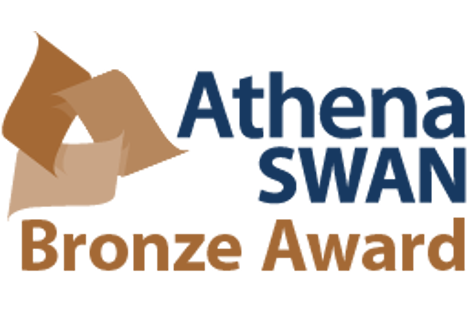Electronics and Computer Science (ECS) PhD student Isha Gupta has been awarded third prize for Engineering Sciences at the 2017 Association of British Turkish Academics (ABTA) Doctoral Awards.
Isha, an Entrepreneurial Lead in ground-breaking nanotechnology research covering Extracellular Neural Signal Compression with Nanoscale Memristors, was presented the accolade at an award ceremony at University College London on Saturday 20 May.
The ABTA, a non-profit organisation for scholars in the U.K and Turkey dedicated to creating academic partnerships and bridges between two countries, has congratulated finalists on the âexceptionalâ? quality of applications this year after considering over 180 entries from 45 leading universities.
âThese Doctoral Awards have provided a great opportunity for our Nanoelectronics and Nanotechnology research group to present our work to a wider audience,â? Isha says. âWe are excited and proud that the technology we are developing in our labs reached the final, and I really appreciate that we have been recognised in this way. I have learned a great deal of new things by working in a team of world class experts. People in the University, Department and the group have been extremely supportive and helpful throughout my time here.â?
Ishaâs research within Southamptonâs Department of Electronics and Computer Science is developing novel bio-inspired nano-sensors using memristors. The project, known as âNeuroLinkâ, is advancing under the guidance of Senior Advisor Professor Themis Prodromakis, an Engineering and Physical Sciences Research Council (EPSRC) Fellow and Reader in Nanoelectronics at the University.
NeuroLink is tapping into expertise from the SETsquared business acceleration partnership and the Universityâs Future Worlds incubator as it seeks to bring memristor-based neural data compression technologies to market while addressing limitations in bandwidth, power and computation capacity. Such technologies could make an impact in applications including brain-computer interfaces and implants that use electrical signals to treat medical conditions.
Related Links
The University cannot accept responsibility for external websites.
